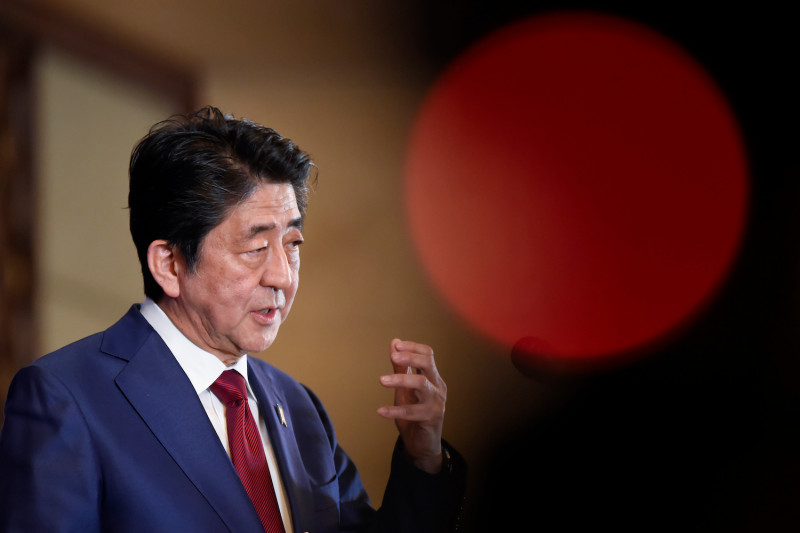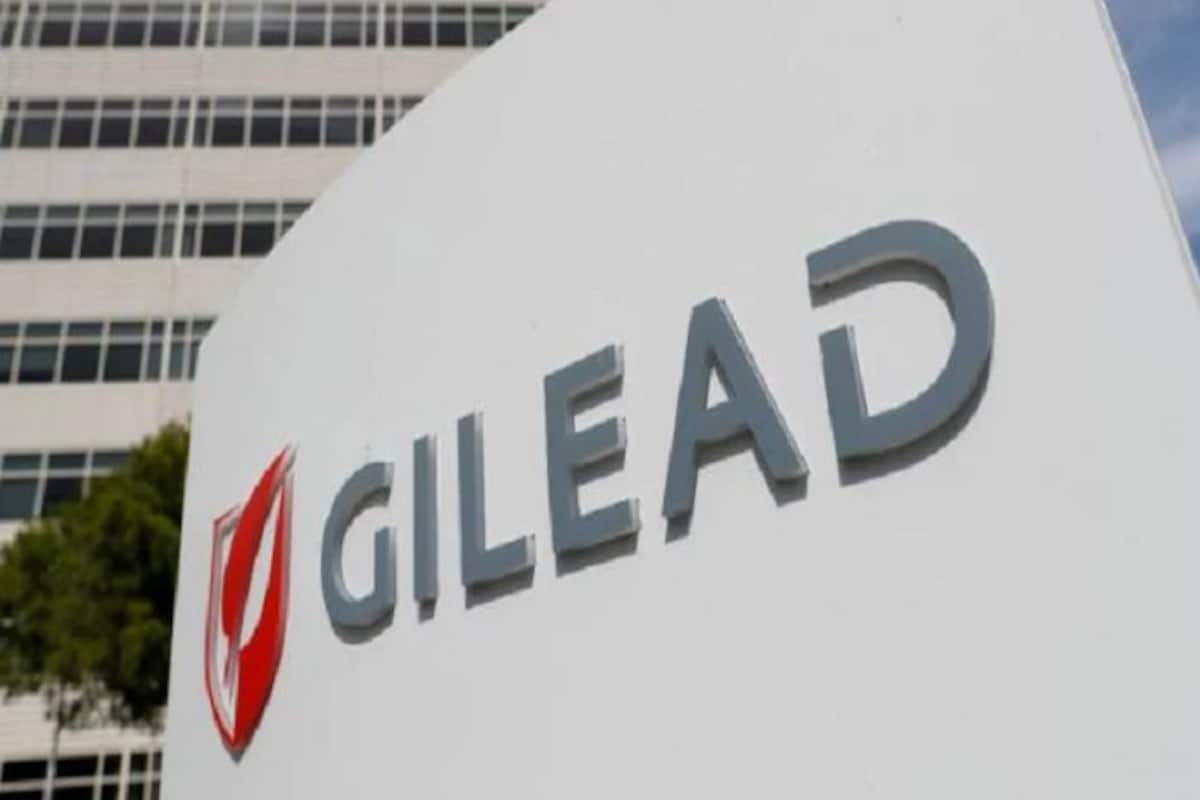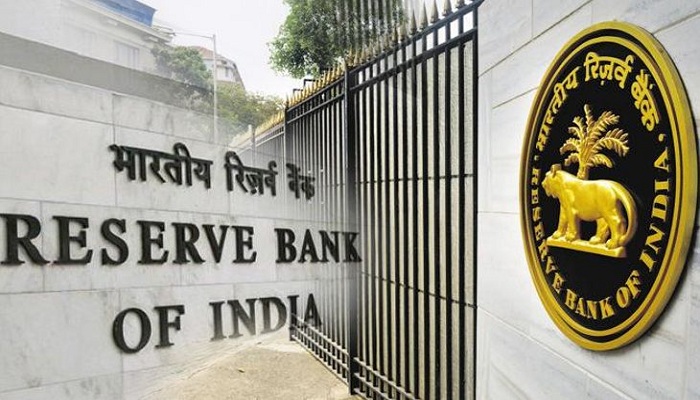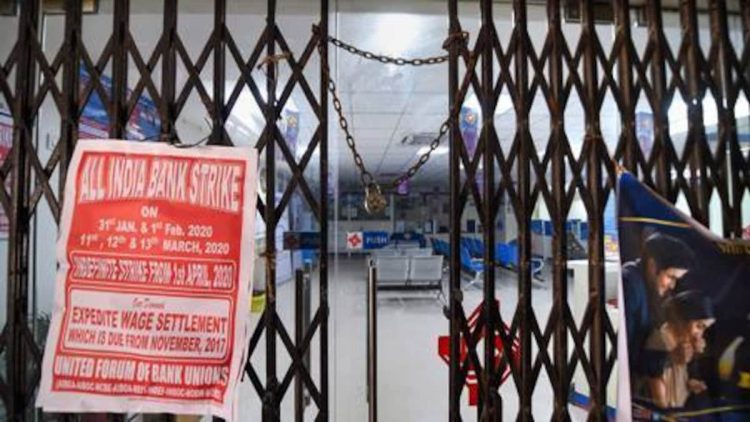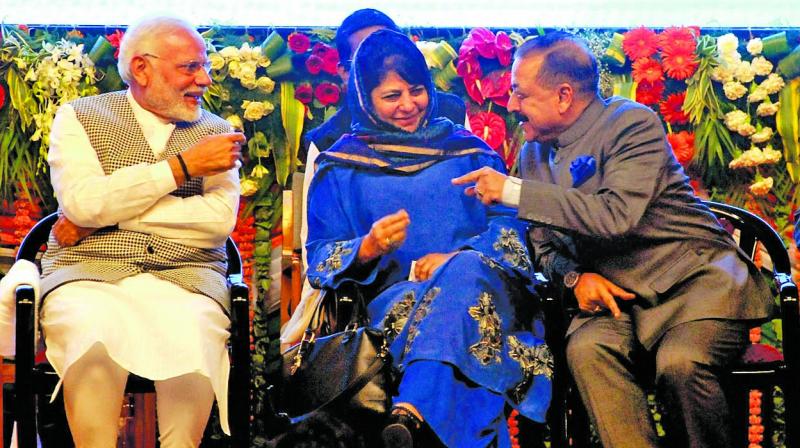Local media earlier reported apanese Prime Minister Shinzo Abe’s intention to resign sending shock waves through Japan’s political circles and blindsiding even his aides in the ruling Liberal Democratic Party (LDP).
Mr Abe’s third consecutive term as LDP chief – and hence prime minister – is only set to expire in September next year, while a Lower House election is only due by October next year.
Mr . Abe announced on Friday (Aug 28) that he will resign after he discovered that an underlying chronic condition relapsed in June this year.
In a press conference, Mr Abe, 65, said his condition – ulcerative colitis, an inflammatory bowel disease – has become a situation where he does not know if he can live up to the confidence and expectations of the citizens.
The shock resignation will intensify jockeying among potential successors within the LDP’s ranks for the right to take over from Mr Abe, who is stepping down over a year ahead of time.
Among those keen on the top job include Defence Minister Taro Kono, ex-defence minister Shigeru Ishiba and ex-foreign minister Fumio Kishida.
LDP chief deputy secretary-general Tomomi Inada, a former defence minister, told reporters before a party meeting that she was “shocked” by the news and had not seen it coming.
Mr Abe said the relapse rendered existing medication ineffective and hence, he will need more treatment. He made the decision to resign on Monday during a medical check-up.
With the possibility of a Covid-19 flare-up during the winter months, Mr Abe said he did not want a political vacuum at a time when leadership is most needed.
Mr Abe added that he will stay on as premier until a successor is chosen, a vote that is expected to be held next month
Thanking the people for their support over the last seven years and eight months, Mr Abe also apologised for resigning a year ahead of time while the country is still battling the Covid-19 pandemic and tackling other issues such as North Korean abductees and territorial dispute with Russia.
Kyodo News cited a source as quoting Mr Abe as saying that treatment was needed for the condition, which was kept under control with medication but has recently recurred.
“I will not be able to make proper judgments due to illness,” Mr Abe was quoted by an LDP executive as telling party members.
The plan to resign comes just days after he overtook his great-uncle, Mr Eisaku Sato, who led Japan for 2,798 uninterrupted days from 1964 to 1972, on Monday to become the prime minister with the longest uninterrupted tenure.
He also holds the record for the longest-serving prime minister, including his first term from 2006 to 2007, before he abruptly resigned over ill health.
The LDP had ruled the country for most of the last 65 years, and Mr Abe’s return to power in December 2012 followed the party’s triumph at the polls that ended the opposition Democratic Party of Japan’s three years in power.
He brought stability to Japan, putting an end to a revolving door of six prime ministers from 2006 to 2012.
Markets immediately reacted to news of his impending resignation.
The Nikkei 225 fell over 600 points, or 2.6 per cent, at one point to 22,594, though rebounding to close 1.4 per cent, or 326 points, lower.
The yen, considered a safe haven in times of uncertainty, rallied against the dollar, hitting 106.11 to the greenback, from 106.74.
Mr Abe had made no secret of his desire to cement his legacy with the Olympic Games now postponed until 2021 and with revising the pacifist Constitution, though both goals will now be out of reach.
While his “Abenomics” brand of fiscal expansion, monetary easing, and structural reform had led to nascent economic growth, this has all but been wiped out by the Covid-19 crisis.
He has been credited for fostering close ties with United States President Donald Trump and has been one of Japan’s most active prime ministers internationally, but will not achieve his dream of resolving the North Korean abductions issue nor a dispute over the northern territories with Russia.
Mr Abe has been harshly criticised for not fronting news conferences even as Japan was at the height of a second wave of Covid-19 cases, and for appearing indecisive even as prefectural leaders like Tokyo Governor Yuriko Koike and Osaka Governor Hirofumi Yoshimura won plaudits for strong measures.
His support ratings have, meanwhile, tanked to one of the lowest levels on record over a series of political scandals, most recently the indictment of a handpicked justice minister who quit over vote-buying, as well as what has been judged to be a dawdling and bungling performance against the coronavirus.

